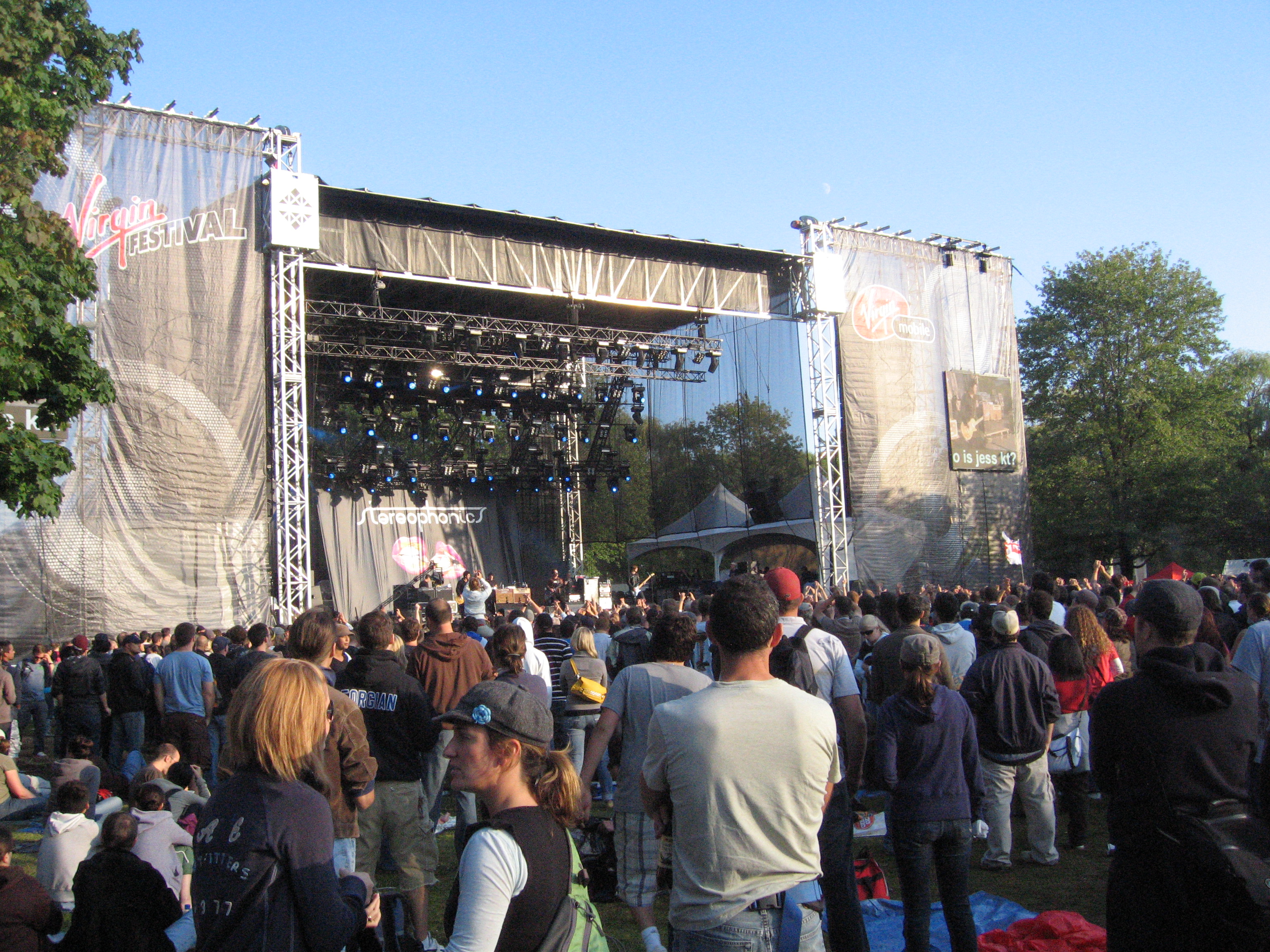
- Have recycling as well as composting bins available all over the site
- Post information about being environmentally friendly – giving reminders to your participants is a good way to encourage recycling and waste reduction
- Provide venue summaries and maps electronically wherever possible, on an app or through a web page
- Hold the event at a central location, within walking distance of local points of interest
- If possible, choose a venue that is LEED certified, or one that employs energy- and water-efficient equipment and practices
- Be mindful of the amount of noise that will be created and work with the local community to ensure they are aware of the impacts and how you can reduce them
- Use renewable energy generators rather than electric generators
- Work with local environmental and wildlife charities and organizations to ensure minimal land and wildlife disruption
- Provide guests with information about accommodations with environmental certification or with environmental policies and practices, and those that are within walking or biking distance
- If you negotiate environmental practices not currently in place at the venue, ensure them by including them in contracts
- If any landscaping is done, ensure that all plants are native and avoid any invasive species
- Create a grey water disposal program
- Use stages powered only by sustainable energy, such as solar power or bike peddle powered
- Create a green roof on your venue
- Ensure all stages and booths are made out of only recycled and repurposed materials

Venue Facts
Best Practise Case Studies
Living Roof
Hillside Festival, Canada
Started in 2005, the Green Team initially raised funds for the building of the Living Roof on the main stage. This year, Hillside and the GRCA are partnering together to help install showers powered by solar energy on Guelph Lake Island. Hillside has made a commitment to continue greening initiatives on site.
Bio-Construction
Boom Festival, Portugal
Most of Boom festival is built from scratch, with designers challenged by the equation: 1 natural building = 1 piece of art. Many of the natural materials used for construction reflect Boom’s ethos for ecology. We try very hard to use as little as possible when it comes to manufactured raw materials. Instead, we have made greater use of straw bale, earth, roots, wood, bamboo, cane, adobe and stone. Given that the construction industry is responsible for about 25% of C02 emissions, the Boom experience demonstrates the realistic solutions that are available using alternatives methods, such as bio-construction and conscious living.
Greywater Disposal
Vancouver Folk Music Festival, Canada
Jericho Beach Park where the festival is located is home to a sensitive marsh area inhabited by a wide range of plants and wildlife, including ducks, fish, bullfrogs, dragonflies, turtles, and other creatures. The festival is working with the City of Vancouver to explore greywater disposal strategies to ensure the location is not harmed.
Festival Gardens
Boom Festival, Portugal
Three months before Boom an international team of permaculture gardeners and volunteers plant seeds all over the Boom Land. Luscious mandala gardens, water gardens, artistic spiral gardens are created offering the possibility to witness the marvels of nature and its breath-taking beauty. During Boom, the gardens are special places to reconnect with nature’s grand design. You will find basil, sage, rosemary and many other herbs scattered amongst the pumpkins, tomatoes and of course flowers. Eat the organic delights remembering to tread lightly between the living creatures, insects and plants alike.
Recycled/Reclaimed Stages
Basscoast Festival, Canada
Almost everything used at the Basscoast festival in British Columbia, including the stages, are built from re-claimed, reused, and recycled materials.
Welcome to the Future, Netherlands
The festival uses recycled materials to build the stages for the event.
Impact Assessment
Rocking the Daisies, South Africa
An external environmental impact assessment was performed at the festival site, and any protected or sensitive areas were fenced off and made off limits to the festival.


